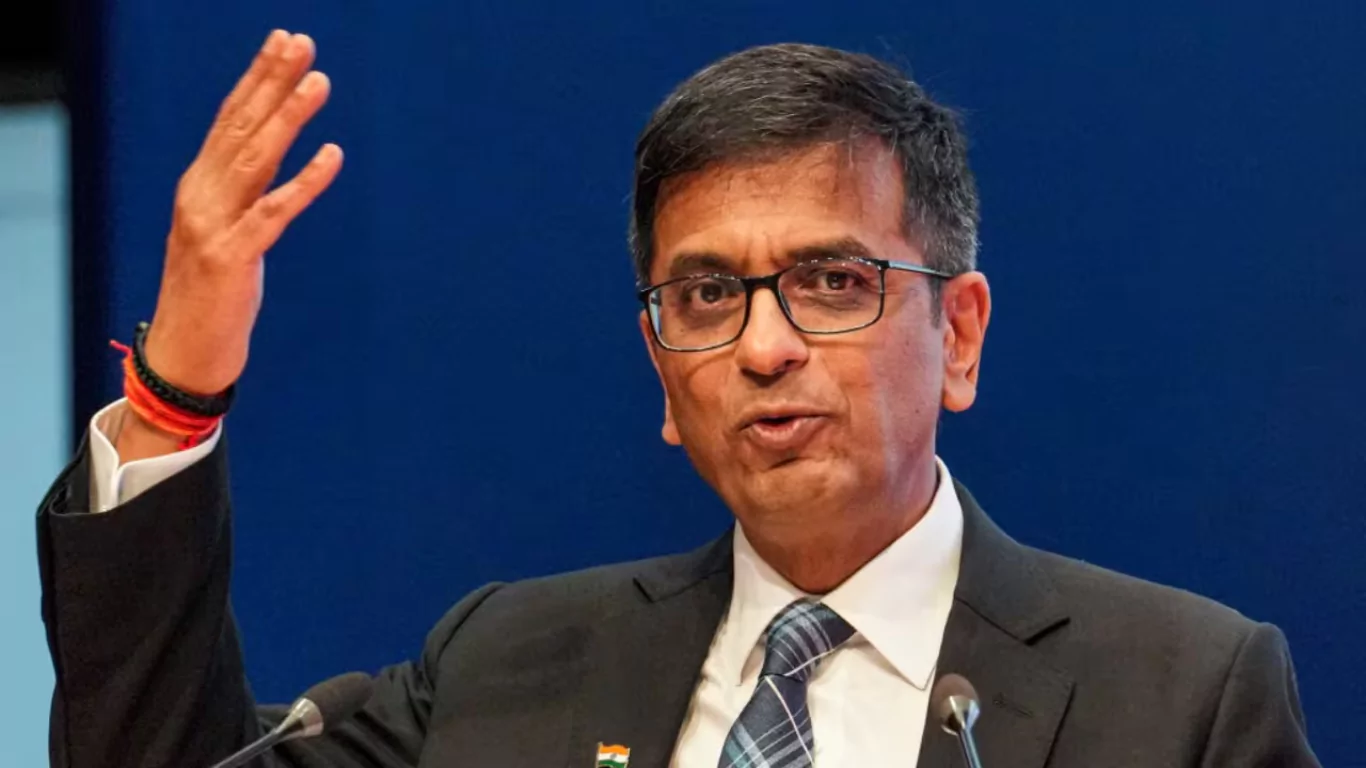Chief Justice of India (CJI) DY Chandrachud reprimanded a lawyer for his informal use of the term “yeah” while presenting arguments in the Supreme Court in an exchange during proceedings on Monday. The incident underscores the importance of maintaining decorum and professionalism in the judicial system.
A Call for Professionalism in Court
CJI Chandrachud’s rebuke came as the lawyer was arguing against the dismissal of a plea involving former Chief Justice Ranjan Gogoi. The judge firmly stated, “Don’t say ‘yeah yeah yeah.’ Say ‘Yes.’ This is not a coffee shop. This is a court. I am a little allergic to people saying ‘yeah.’ This cannot be allowed.” The emphasis on proper language serves as a reminder that courtroom proceedings demand a level of seriousness and respect that casual language can undermine.
MUST READ: Shimla Drug Racket Busted: 1 Arrested, 465 gm Drugs Seized
The lawyer’s informal choice of words appeared to irritate the Chief Justice, who has consistently emphasized the need for maintaining the integrity of court proceedings. By expressing his discomfort with the informal term, CJI Chandrachud highlighted the distinction between informal conversations and the gravity of discussions that take place in court.
The Context of the Argument
The lawyer was advocating for an investigation against former Chief Justice Ranjan Gogoi, who now serves as a Rajya Sabha MP. The case in question revolved around what the lawyer described as the wrongful dismissal of his plea. When questioned by the Chief Justice about the legitimacy of filing a Public Interest Litigation (PIL) against a sitting judge, the lawyer responded, “Yeah, yeah, the then CJI Ranjan Gogoi. I was asked to file a curative.”
CJI Chandrachud was quick to clarify that a petition cannot be filed against a former Supreme Court judge in this manner. He firmly stated that Justice Gogoi, as a former judge, was entitled to certain protections under the law, indicating that the nature of the plea was misplaced.
Judicial Precedents and Expectations
In a further explanation, the Chief Justice noted that Justice Gogoi had dismissed the lawyer’s plea based on the legal standards applicable at the time. The CJI urged the petitioner to reconsider the inclusion of Justice Gogoi’s name in the case, emphasizing that such a petition could not be justly pursued.
This interaction is not the first instance of CJI Chandrachud stressing the importance of decorum in the court. Earlier this month, he similarly reprimanded a senior counsel who sought the court’s intervention to remove West Bengal Chief Minister Mamata Banerjee from office due to her alleged negligence in a serious criminal case.






















